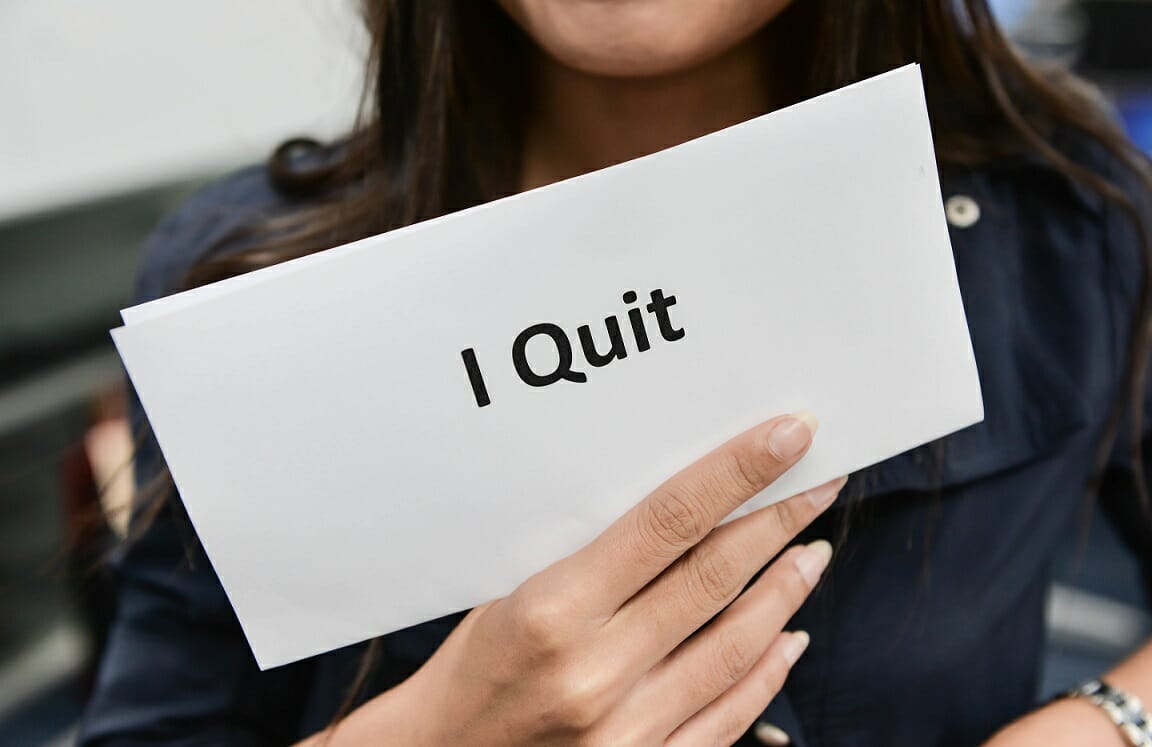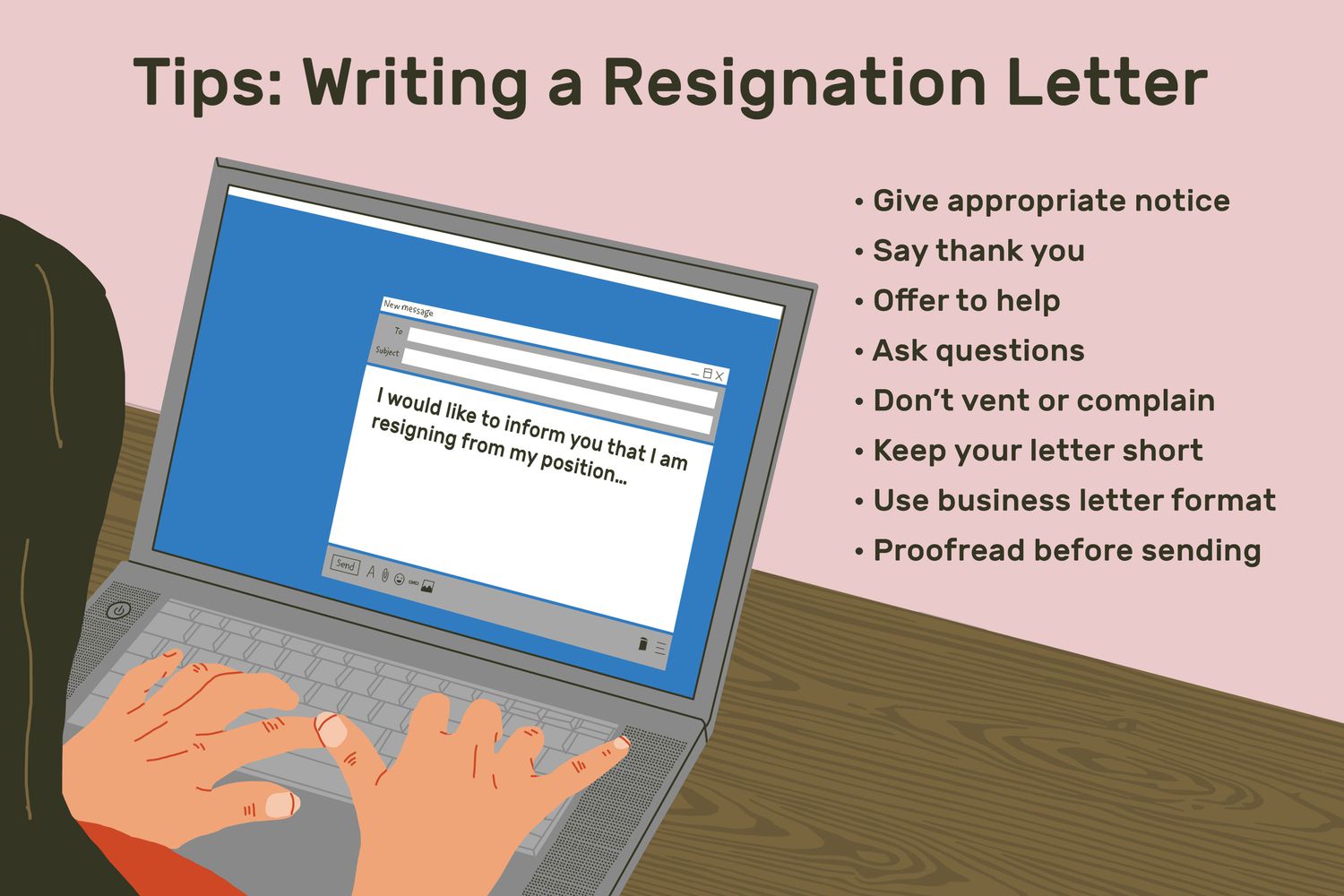Deciding to leave your current job is a significant career move that requires careful communication. A well-crafted resignation letter helps maintain professional relationships and ensures a smooth transition.
Whether you're moving to a new opportunity or taking time off for personal reasons, knowing how to properly resign is an essential professional skill.
Essential Components of a Professional Resignation Letter
A resignation letter should be concise yet comprehensive. It should contain several key elements that maintain professionalism and clarity.
Contact Information
Your letter should begin with your contact details in the header. Include your full name, current job title, phone number, and email address.
Date and Recipient Details
Include the current date, which marks the official start of your notice period. Follow this with your supervisor's contact information.
Formal Statement of Resignation
Clearly state your intention to resign and specify your last working day:
"This letter is to notify you that I am resigning my position as [your job title], effective [last day of work]."
Your last day should typically be at least two weeks from the date of your letter. This may vary depending on your contract or company policy.

Expression of Gratitude
Take time to acknowledge the positive aspects of your employment:
"I cannot thank you enough for all the help and support you have given me during my time with the company." "I appreciate all the valuable experience and the moments shared with my colleagues and bosses."
Transition Plan
Outline how you'll help with the handover process:
"During my notice period, I'll do everything possible to ensure a smooth wrap-up of my current duties and hand over my existing projects to my team members."
Tailoring Your Letter to Different Circumstances
Resignation for Personal Reasons
When leaving for personal reasons, you don't need to provide specific details:
"It is with reluctance that I'm writing to inform you of my decision to tender my resignation from [company name] as [current job title]. My last day of work will be [two weeks / a month] from today, on [dd/mm/yy]."
This approach maintains your privacy while remaining professional.
Standard Professional Departure
For a typical career move, focus on expressing gratitude and ensuring a smooth transition:
"The past two years have been an amazing experience. I appreciate the opportunities you've given me to learn and grow. I value all of the professional relationships I've developed here. I hope to stay in touch."
Professional Formatting and Tone
The format of your resignation letter should follow standard business letter conventions. Keep the tone positive and professional throughout.
Even if you've had negative experiences, this approach helps maintain your professional reputation and network.

Your resignation letter should be brief — shorter than your resume or cover letter. Use a clean, professional format with appropriate spacing and paragraphs.
End your letter with a professional closing such as "Sincerely" or "Best regards," followed by your signature and printed name.
Maintaining Professional Relationships
Your resignation letter is more than a formality. It's your final professional communication as an employee.
How you handle this process can significantly impact your professional reputation and future opportunities.
Offer Continued Support
Indicate your willingness to help during the transition period.
"Please let me know if there's anything I can do to help during the transition period. I can be reached at your email."
Keep the Door Open
Express interest in maintaining professional connections:
"I hope that I can reach out to you for a reference in the future. I look forward to seeing you again outside of the office as friends."
Final Professional Touches
Before submitting your resignation letter, review it carefully for any errors or unclear statements. Consider having a trusted colleague review it as well.
Remember that this document may be kept in your employment file and could be referenced for future recommendations.
A thoughtfully written resignation letter demonstrates your professionalism and respect for your employer. It ensures you leave on good terms and with your professional reputation intact.
By following these guidelines, you can navigate this career transition smoothly and maintain valuable professional relationships for years to come.


.jpeg)
